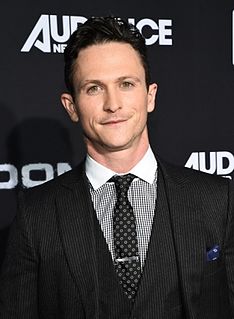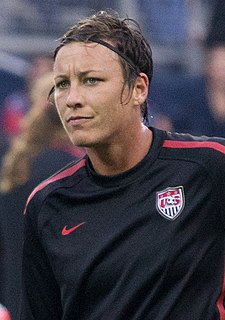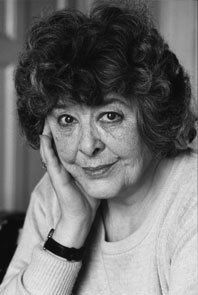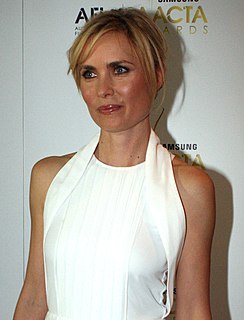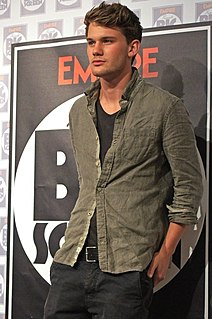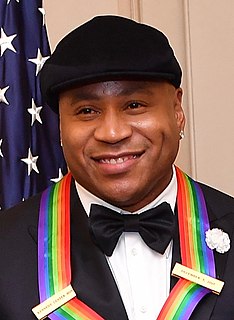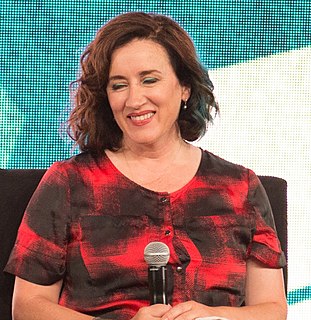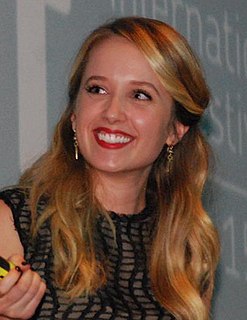A Quote by Jonathan Tucker
You think about acting kind of as an iceberg where you've got that 5% that you see... but in order to have that 5%... you have to have another 95%.
Related Quotes
It's really up to the acting community to be willing to be educated about what performance capture is in order to fully appreciate it as acting. It's not a type of acting, but rather the use of technology to harness an actor's performance and translate it into an ape, another animal, or an avatar of some kind.
Nothing is safe from you. If I were to court a girl who lived on an iceberg in the middle of the ocean, sooner or later— probably sooner— I’d look up to see you swooping overhead on a broomstick. In fact, by now I’d be disappointed in you if I didn’t see you.” “Are you off to the iceberg today?” Sophie retorted.
I think I got into acting because I kind of had not much else to do! I guess I was kind of looking for something challenging. I heard about the London Theater scene and it was very different from the upbringing that I had and it felt like a challenge. And the whole sort of London Theater schools, I was told that 6,000 apply and there are like 30 accepted to each one. I was like, "Yeah. Let's see if we can do that!"
In real life, when you have an emotional experience, it's never just because of the thing that's been said. There's the backstory. It's like [Ernest] Hemingway's iceberg theory - the current emotional moment is the tip of the iceberg and all of the past is the seven-eighths of the iceberg that's underwater.
I hadn't thought about the balance in mood. You see that we did it in alphabetical order, so if there's any kind of shape, or any kind of flow, it's random. Gender...we didn't think much about it. It was sort of interesting to see that women often were choosing women and men often were choosing men. And sometimes they wouldn't and that was fun. I didn't know that I would be excited by that, until I saw it happen.
I remember hearing someone say that good acting is more about taking off a mask than putting one on, and in movie acting, certainly that's true. With the camera so close, you can see right down into your soul, hopefully. So being able to do that in a way is terrifying, and in another way, truly liberating. And I like that about it.
